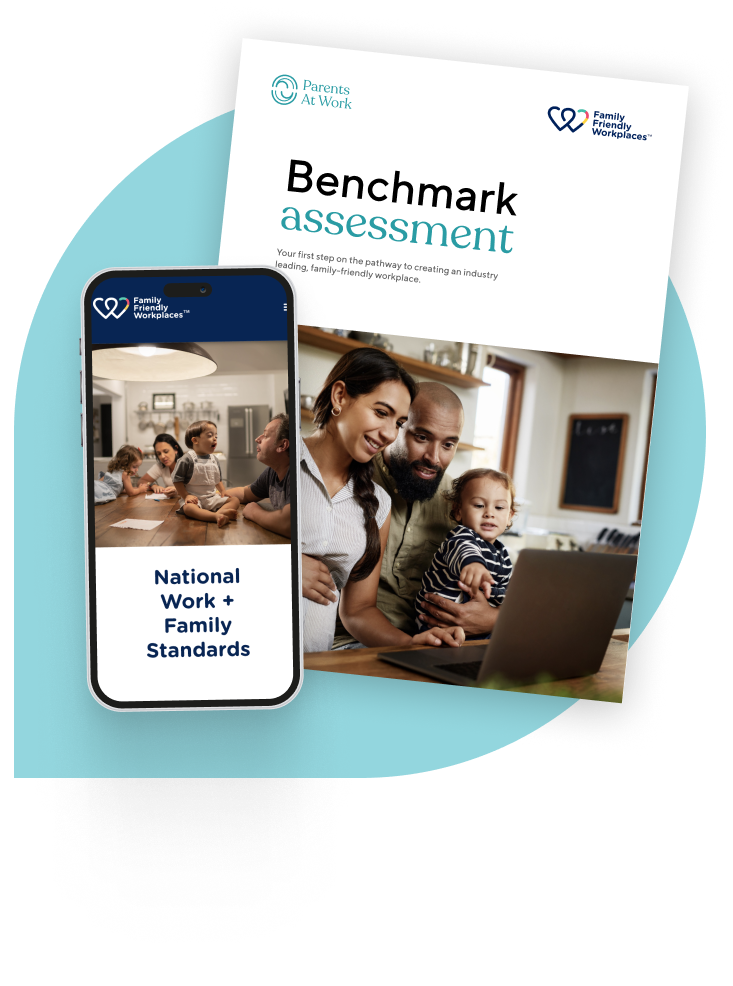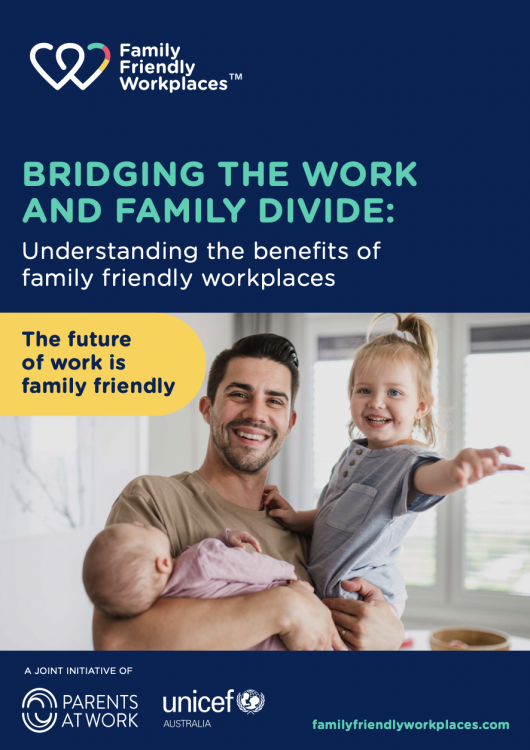The future of work is
People want to work for organisations that can rise to meet their work-life needs.
Trusted by
hundreds of workplaces globally
to care for their people since 2007
Work Life Wellbeing Learning Platform delivering programs at scale to care for your people
Practical advisory support to advance your DEI policies and practices and measure impact
Attract talent, improve employee engagement & wellbeing
Your partner in shaping the future of work-life inclusion
Because change doesn’t happen alone.
Wellbeing
of employees report significant difficulties managing their physical and mental health due to competing work and family pressures
Flexibility
of employees say their commitment to their job is questioned if they used family-friendly work arrangements
Care
of employees want more access to caring support from their employer
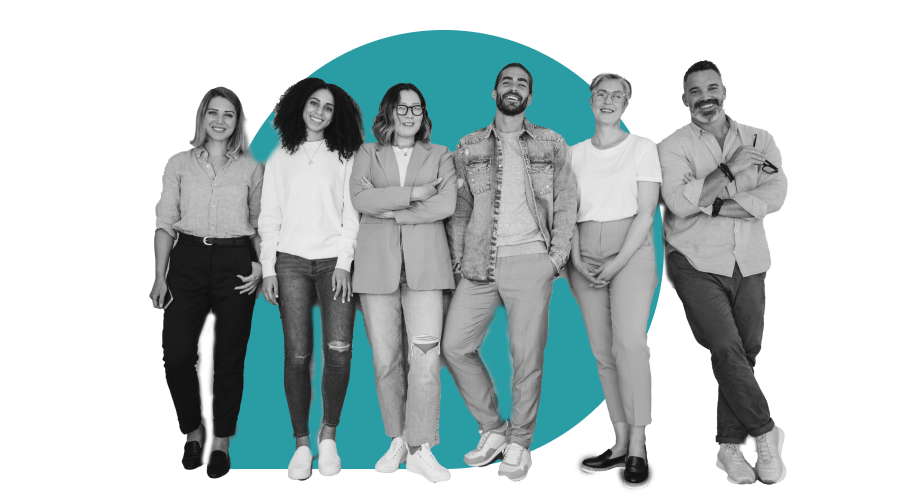
Work and family solutions for everyone
No two workplaces are the same.
Access integrated advisory and education solutions based on your organisation’s unique needs.
Our employee experience work life wellbeing platform and leadership programs are designed to care for the changing work-life wellbeing needs of your workforce at every life stage.
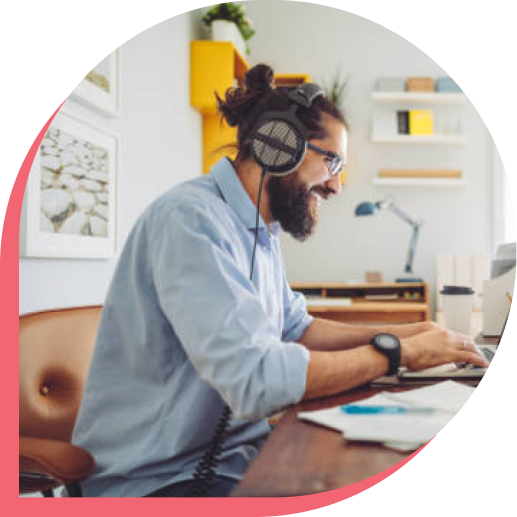
Workplace Advisory
Best practice policies, guides and learning sessions through our Employer Membership and Consultancy Services for HR and Business Leaders.
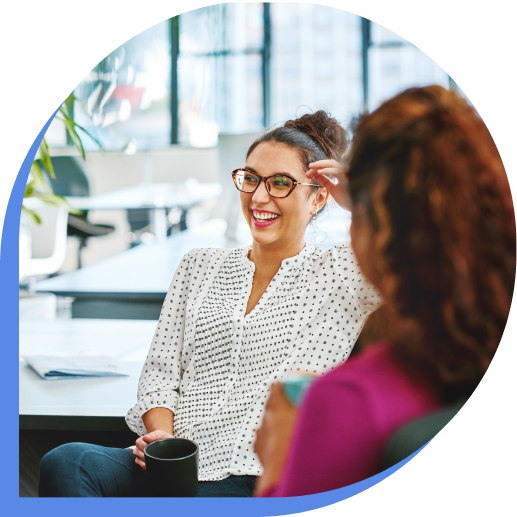
Leadership Programs
Programs for executives and people leaders to build capability and embed an inclusive culture. Flexible and hybrid working solutions. Advancing women in leadership and return to work programs.
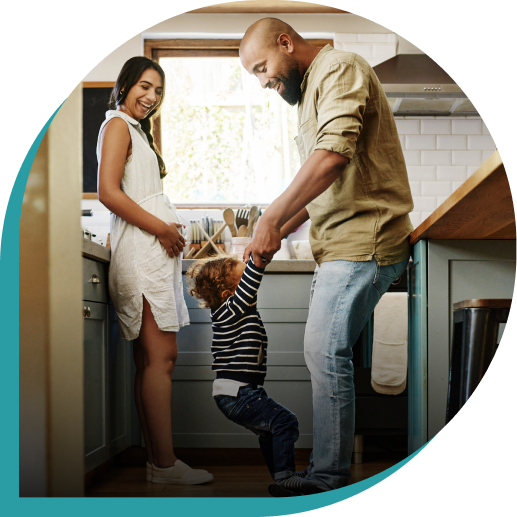
Work & Family Programs
Custom work life wellbeing employee experience platform including parental leave, flexible working and care services, live and online learning courses and coaching designed to deliver at scale.
Supporting your
business case for action
Requirements for employers to understand, manage and report on ESG, Gender Equality and Pyschosocial risk is on the rise.
Attracting, developing and retaining talent is critical to business success, as is providing a safe workplace and fostering an inclusive culture.
Equip people leaders to lead the workforce of the future and provide employees with learning and care services to manage their work.
Align your HR, DEI and ESG initiatives to drive sustainable change
Understand the ROI of investing in inclusive workplaces
Reduce the risk and measure impact from your DEI policies and practices.
Attract talent and improve employee wellbeing
Case studies that show impact
We know that family friendly policies and tools enable workspaces and real people to thrive. See how these leading workplaces are already feeling the benefits and seeing the impact.
Deloitte
Learn more about programs like DeloitteFlex and Deloitte Dads this Family Friendly Workplace has lead with.
Novartis
Find out what family inclusive initiatives Novartis are implementing to make their workplace a thriving one for all families.
Transport for NSW
Discover how Transport for NSW aims to become Australia’s top workplace in a decade.
HCF
Find out how Australia’s largest not-for-profit health fund makes their workplaces family friendly.
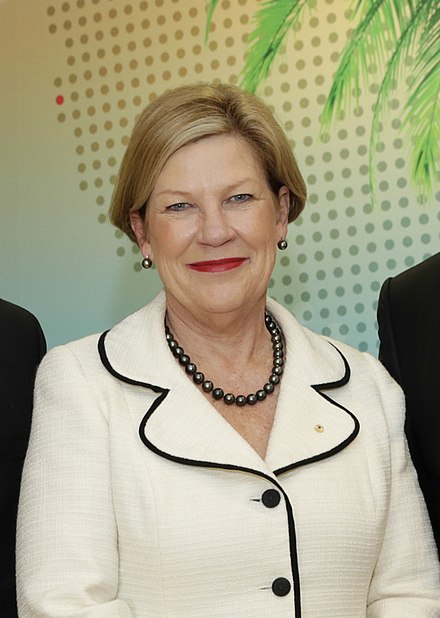
"We know that family friendly workplace practices benefit children, but they also promote inclusion and gender equity, increased workforce participation for women and caring opportunities for men. The productivity gains are not just for individual businesses, but for the wider economy."
Ann Sherry
Chair, UNICEF Australia
Patron, Family Friendly Workplaces
Workplace Certification
Be a family friendly workplace
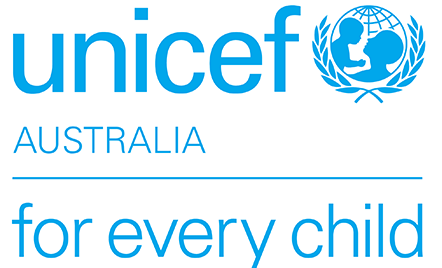
Benchmark your workplace.
Your first step on the pathway to creating an industry leading, family-friendly workplace.
We provide you with a complimentary benchmark assessment of your organisation’s family-family policies and practices.
